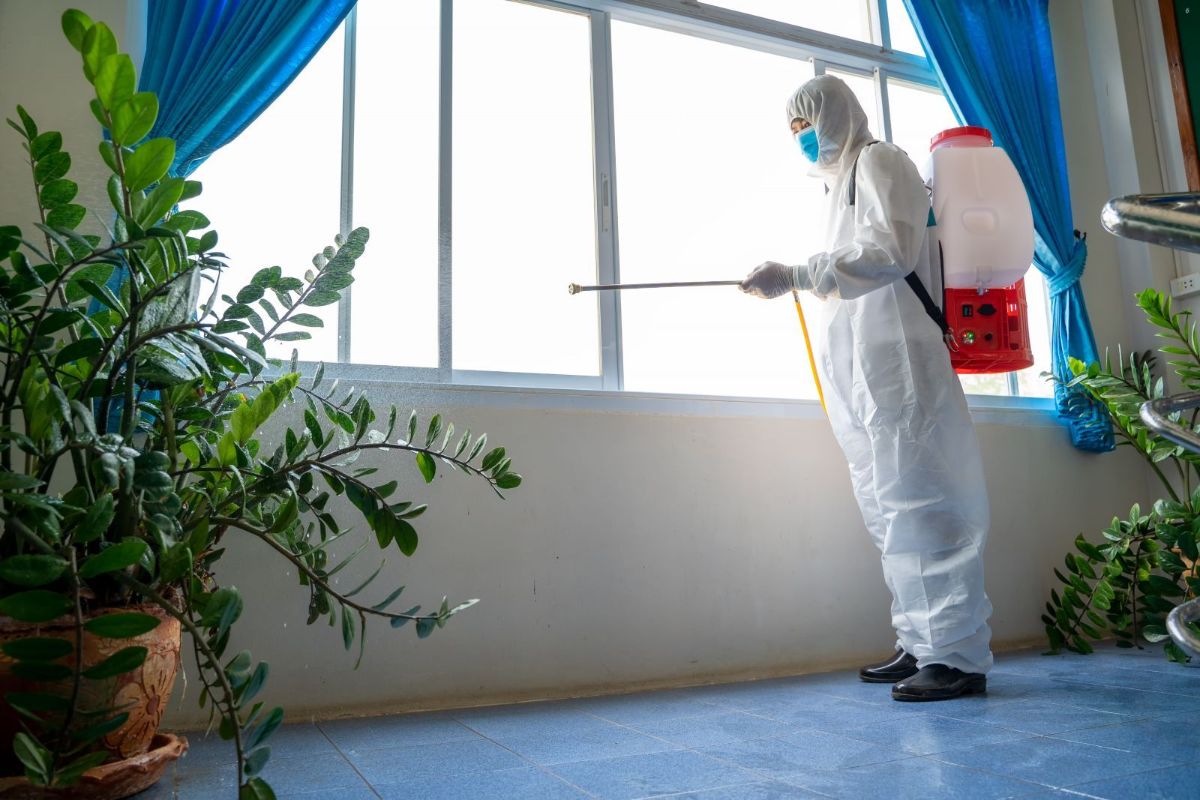In the aftermath of a traumatic event, one of the most critical but often overlooked aspects of the recovery process is the cleanup and restoration of the affected space. Crime scenes, accidents, and traumatic incidents can leave behind a physically and emotionally taxing environment. This is where professional Crime & Trauma Scene Cleanup services come into play, offering support and assistance to those in need during their journey toward healing.
At first glance, the concept of Crime & Trauma Scene Cleanup may seem straightforward—cleaning up blood, bodily fluids, and hazardous materials. However, the reality is far more complex, and the services extend far beyond mere cleaning. Here, we delve into the multifaceted role of Crime & Trauma Scene Cleanup services in supporting healing and recovery.
**1. Immediate Response and Compassion
Tragedy often strikes unexpectedly, and the immediate aftermath can be overwhelming for survivors and their loved ones. Crime & Trauma Scene Cleanup services provide a compassionate response when it is needed most. Trained professionals arrive promptly to assess the situation, providing not only physical cleanup but also emotional support.
- Ensuring Safety and Compliance
Crime and trauma scenes are typically contaminated with biohazardous materials, chemicals, and potential pathogens. Cleaning up such environments requires specialized training, equipment, and a thorough understanding of safety protocols. Crime & Trauma Scene Cleanup services are well-versed in these areas, ensuring that the affected space is not only clean but also safe for occupancy.
- Preventing Further Emotional Trauma
The visual reminders of a traumatic event can be deeply distressing for survivors and their families. Professional cleanup services understand the importance of minimizing these reminders by thoroughly restoring the affected area. This helps prevent further emotional trauma and supports the healing process.
- Confidentiality and Respect
Respecting the privacy and dignity of those affected by the traumatic event is paramount. Crime & Trauma Scene Cleanup professionals work discreetly, ensuring that the process remains confidential and respectful to the individuals involved. This sensitivity helps create an environment where healing can occur without unnecessary intrusion.
- Facilitating the Grieving Process
For many, the act of cleaning up a space where a loved one has suffered or passed away can be an agonizing and distressing experience. Crime & Trauma Scene Cleanup services take on this difficult task, allowing family members to focus on grieving and coping, rather than the burden of cleanup.
- Minimizing Health Risks
Left unattended, crime and trauma scenes pose significant health risks. Bloodborne pathogens, harmful chemicals, and other contaminants can linger and endanger anyone in the vicinity. Professional cleanup services employ strict safety measures to minimize these risks, protecting both current and future occupants of the space.
- Restoring a Sense of Normalcy
One of the most critical aspects of supporting healing is restoring a sense of normalcy. Crime & Trauma Scene Cleanup professionals not only remove physical traces of the event but also work to restore the space to its previous condition as much as possible. This can be a crucial step in the healing process, helping individuals and communities move forward.
- Expertise in Handling Complex Situations
Not all cleanup situations are straightforward. Some may involve hazardous materials, structural damage, or complex scenarios that require expertise and experience to address effectively. Crime & Trauma Scene Cleanup professionals are trained to handle such situations, ensuring that every aspect of cleanup and restoration is managed with the utmost care and professionalism.
Crime & Trauma Scene Cleanup services play a vital role in supporting healing and recovery after traumatic events. Beyond their essential cleaning functions, they provide compassion, respect, and expertise to help individuals and communities navigate the difficult journey toward healing. By addressing the physical and emotional aftermath of a traumatic event, these professionals contribute to the restoration of both spaces and lives, offering hope and support during the darkest of times.

